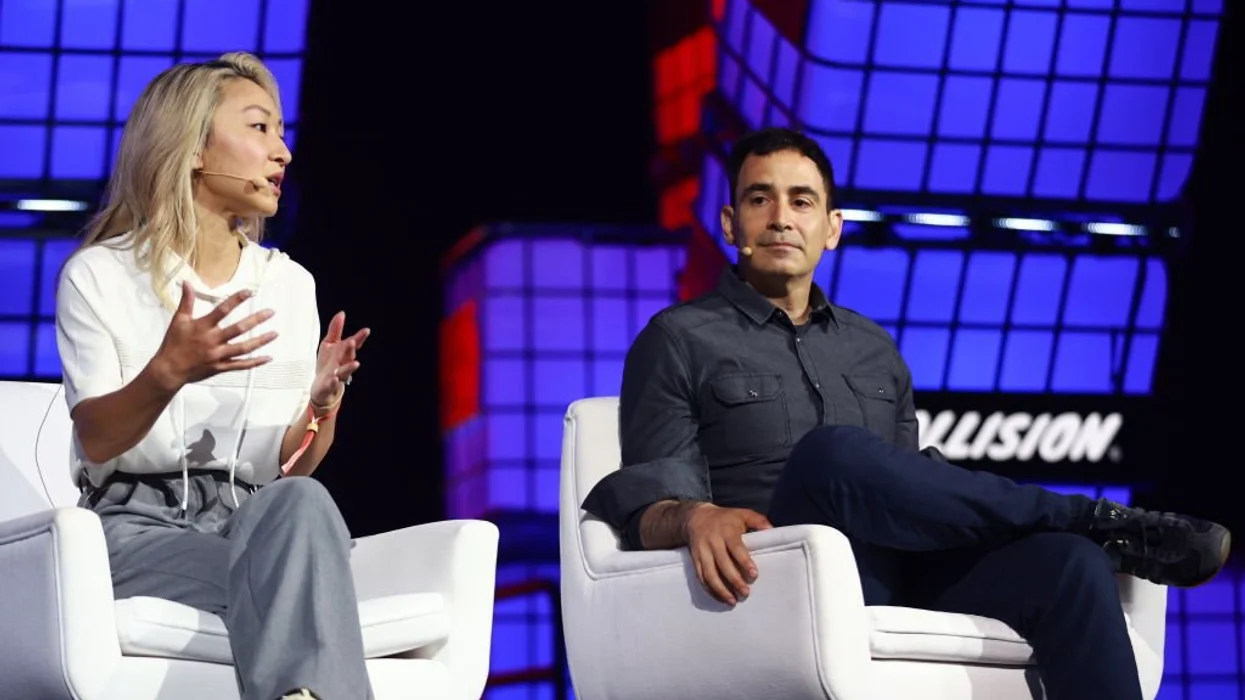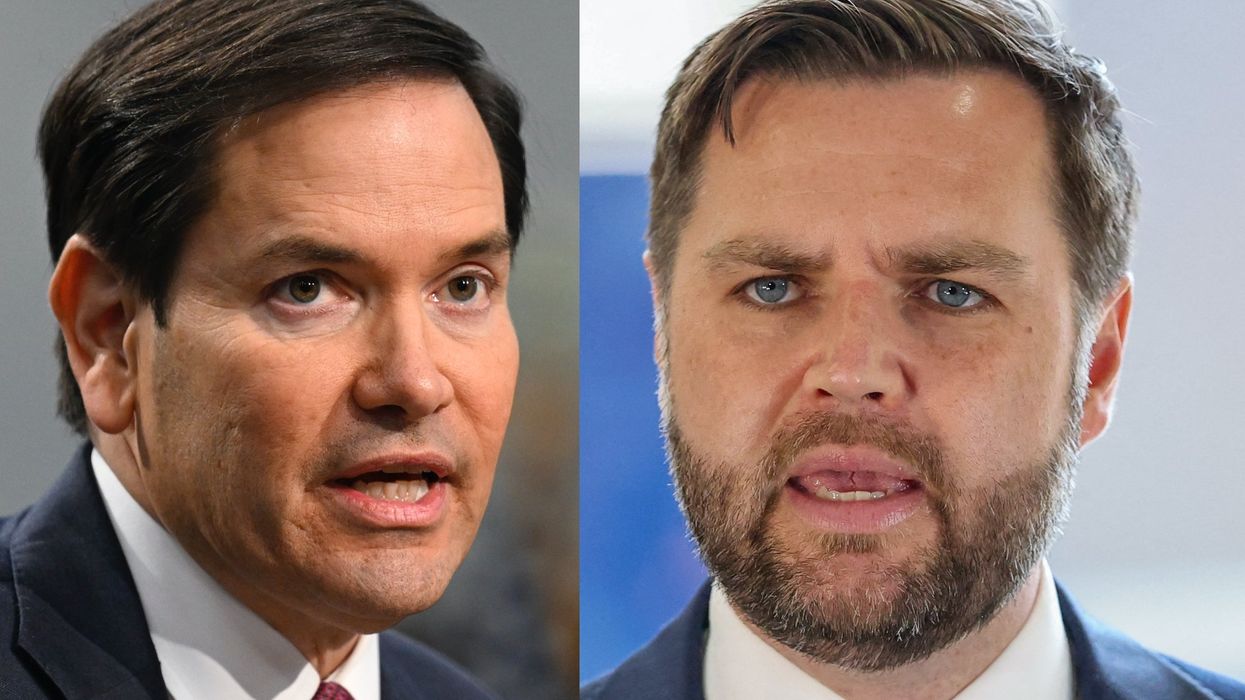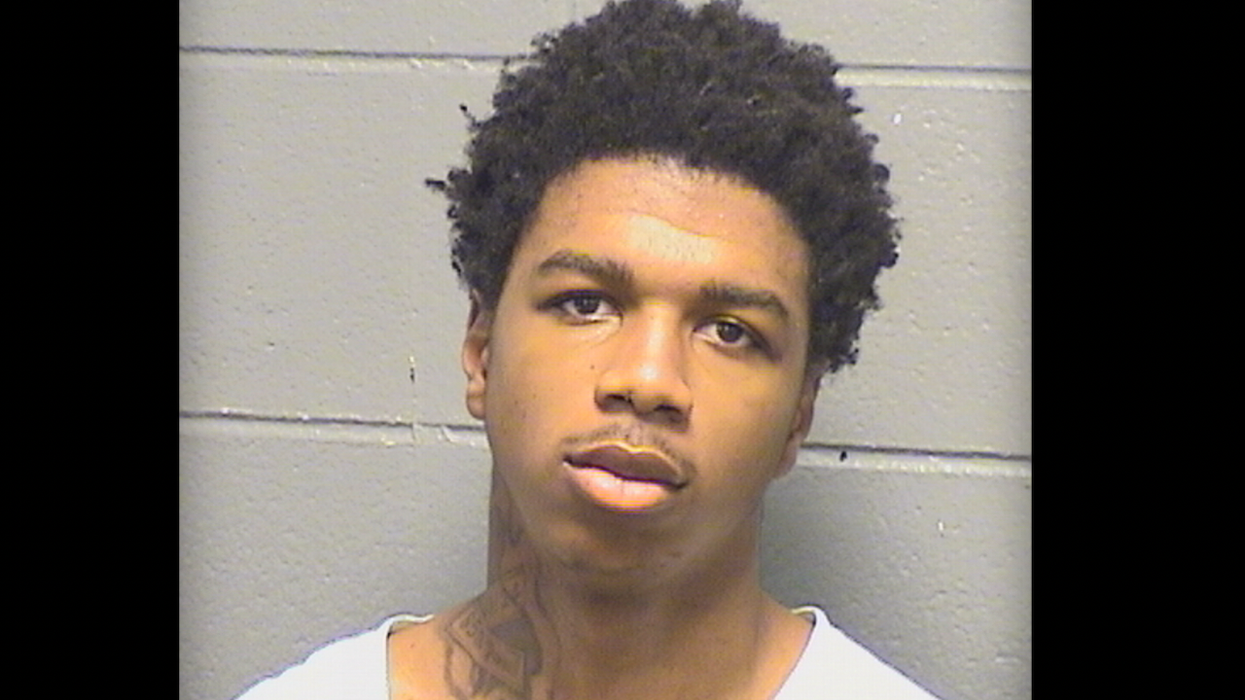White House press secretary Jay Carney declined to weigh in on the controversial plan by the Federal Communication Commission to study how news organizations choose which topics to report on.
 AP
AP
The FCC's Multi-Market Critical Information Needs is a plan for government officials to interview journalists about which stories they cover and why.
Wendell Goler of Fox News asked Carney about the study that “involves interviewing people like us, our editors, our producers about how we choose what to put on the air. Does the White House have a reaction to the FCC's decision to study this? Are you in favor of it? Do you believe that the FCC should be interviewing people involved?”
Carney's deferred to the FCC.
“You are slightly behind on the news,” Carney said. “The FCC is an independent agency. So you would have to talk to them for details. But I've seen these reports and I understand the FCC chairman has taken steps to address the concerns that have been expressed, including the ones that you laid out. For details, I urge you to talk to the FCC these issues.”
Carney added, “It's an independent agency. So we are not going to weigh in on that. But I would note what the FCC chairman has said and the actions he has taken.”
The FCC regulates the broadcasting industry and is responsible for issuing TV and radio licenses. However, the study also calls for questioning newspaper staffs, which are not regulated by the FCC.
FCC Chairman Tom Wheeler sent a letter to House Energy and Commerce Committee Chairman Fred Upton (R-Mich.) explaining that the planned study would not infringe on the First Amendment.
“The Commission has no intention of regulating political or other speech of journalists or broadcasters by way of this Research Design, any resulting study, or through any other means,” Wheeler wrote. “The development of the Research Design was intended to aid the Commission in meeting its obligations under Section 257 of the Communications Act.”
“Section 257 directs the Commission to identify and eliminate 'market entry barriers for entrepreneurs and other small businesses in the provision and ownership of telecommunications services and information services,'” Wheeler continued. “The statutory provision expressly links our obligation to identify market barriers with the responsibility to 'promote the policies and purposes of this chapter favoring diversity of media voices.'”
But FCC Commissioner Ajit Pai raised First Amendment questions about such a study.
The FCC would ask about how the editorial direction of the news organization is determined and reasons behind decisions, and about reporter disagreement with editors. It also establishes “critical information needs” that the government agency determines media organizations should meet, including the stories on the “environment” and “economic opportunities.”

 AP
AP





